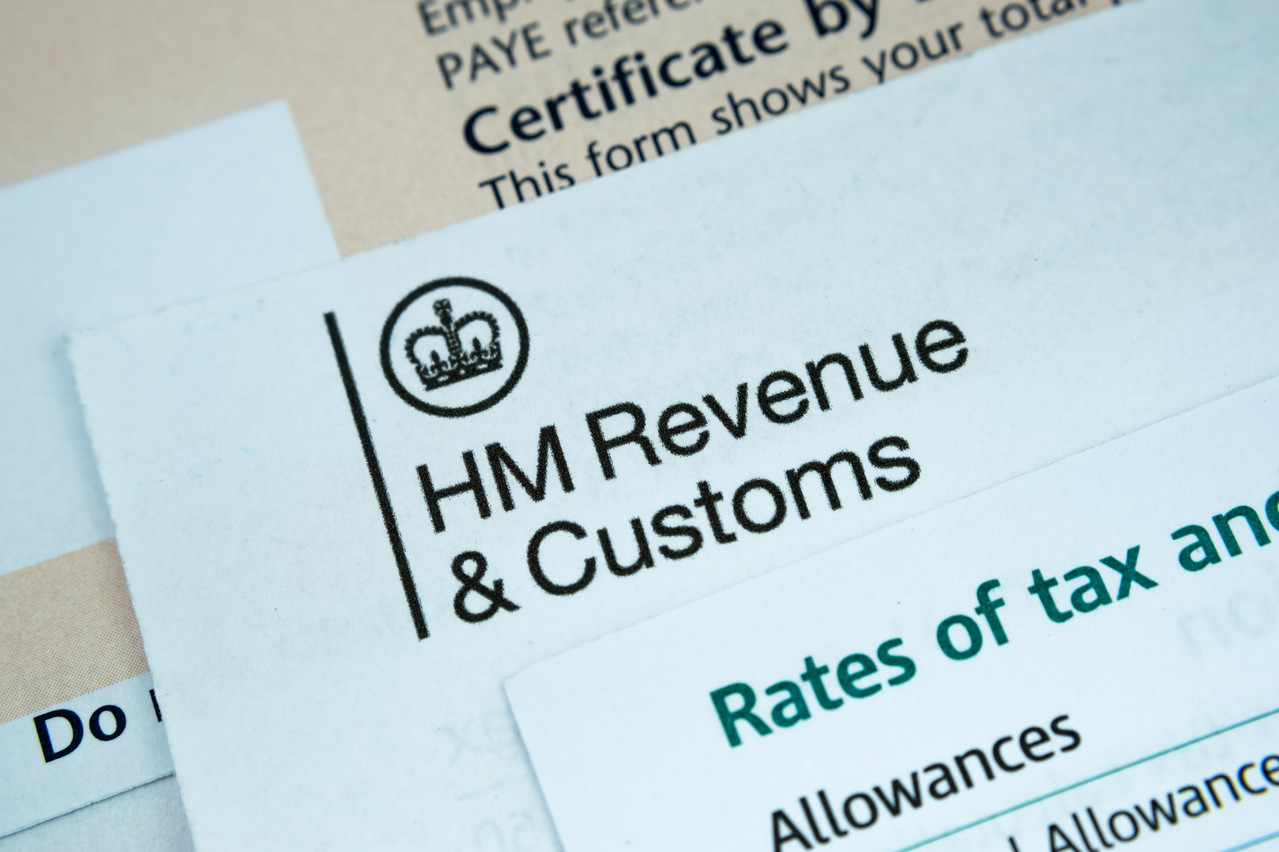To help private and public companies cope with the effects of Brexit, the European Council on Tuesday approved the creation of an adjustment reserve of more than €5bn. "This fund will support the hardest-hit regions, sectors and communities in order to enable them to cover additional costs, compensate for losses or offset other adverse economic and social effects resulting directly from the withdrawal of the United Kingdom from the European Union," explains the European Council's press release.
Luxembourg will be entitled to €128,475,124 from this envelope. This is more than what was announced last May.
Following Brexit, companies may have been confronted with disruptions to trade flows, or may have had to assume new costs generated by customs controls and administrative procedures.
A non-exhaustive list of eligible measures
As an emergency and one-off instrument, the strategy for its establishment provides for EU member states to have "the necessary flexibility to decide on the best measures to be taken in order to mitigate the various negative consequences". The Council goes on to say, there is "a non-exhaustive list of eligible measures".
The reserve will finance measures introduced between 1 January 2020 and 31 December 2023. The reserve has €5.4bn at its disposal. The allocation will be based mainly on the importance of trade with the UK, fisheries in the UK exclusive economic zone and neighbourhood relations for the UK maritime border regions.
Already voted in by the European Parliament, the regulation of this reserve has completed its legislative path and will be applicable as soon as it is published in the Official Journal of the European Union.
This article in Paperjam. It has been translated and edited for Delano.
